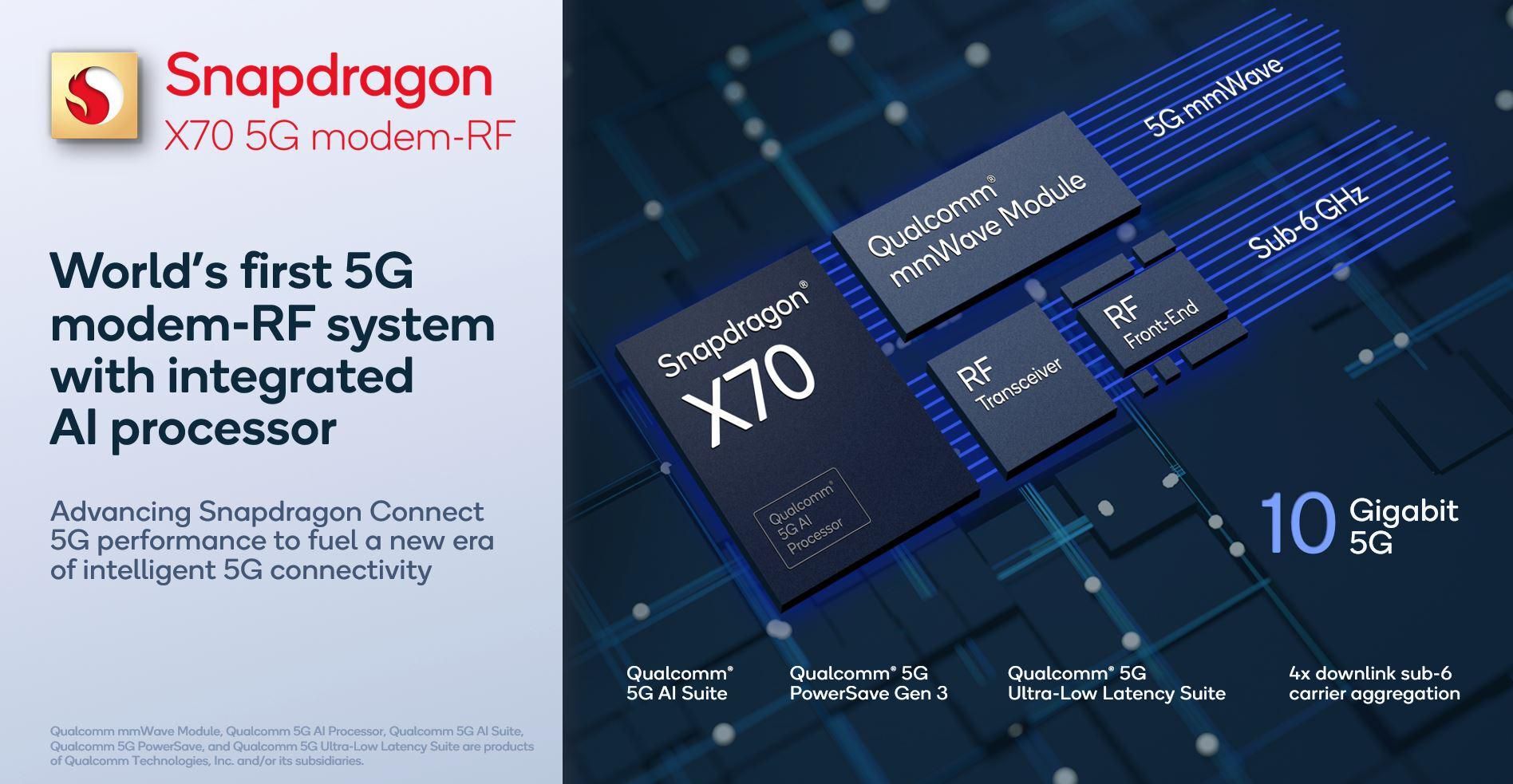The stakes are high as Apple hopes to replace Qualcomm's 5G iPhone modem

The 5G era is still relatively new and even those with 5G compatible phones are still unable to connect to the fastest 5G signals due to the short distances that high-band (mmWave) airwaves travel. As a result, the fastest 5G experience that most consumers are familiar with is the fast but not the fastest connection to carriers' mid-band signals. While no one is complaining, some of the amazing things that we were expecting from 5G such as self-driving vehicles and operations performed remotely, have yet to be offered to the general public.
Even though the 5G era still has several years remaining, Apple is looking ahead at 6G. According to Bloomberg's Mark Gurman, writing in the last edition of his weekly Power On newsletter, Apple has posted a job listing on the company website that says, "As a Cellular Platform Architect, you will drive and coordinate the design and modeling of a 6G reference architecture." But as Gurman writes, the 5G era is expected to run to 2030. So don't start tossing those 5G-enabled phones because there is a long way to go before we start talking about 6G constantly.
Also read:How to turn off 5G on iPhone
What we can still bring up often is Apple's attempt to stop relying on Qualcomm by developing its own 5G modem for the iPhone. In September, Apple renewed its expiring contract with Qualcomm and the latter will continue to supply Apple with 5G modems through 2026. Apple had hoped to have its own 5G modem working inside at least the Pro versions of its smartphone line this year, but it has not been able to finish development of this key component.

Apple's iPhone 15 series features Qualcomm's Snapdragon X70 5G modem
Gurman brings up some good points about Apple's attempt to build its own 5G modem chip, some of which we have expressed ourselves. One, of course, is Apple's desire to end its reliance on Qualcomm considering that there have been several legal issues between the firms over the years including accusations of patent infringement and more. Apple has a lot riding on this considering how big a role the modem plays on the iPhone.
Apple hopes that in addition to ending its reliance on Qualcomm for this key iPhone part, designing and building its own modem would allow the company to develop special technology and features developed for the iPhone. It also would allow Apple to save some money since it wouldn't need to pay Qualcomm both its licensing fee and the price of the chips (remember Qualcomm's "no license, no chips" policy).
And as Gurman points out, unlike Apple's A-series and M-series chips, the 5G modem wouldn't be expected to give the iPhone a huge boost in performance. Apple needs to be extremely cautious here because a poor-performing modem could be the biggest stain on Apple CEO Tim Cook's impressive run as CEO. And it could leave the iPhone with a poor reputation in an area where the phone currently excels.










Things that are NOT allowed: